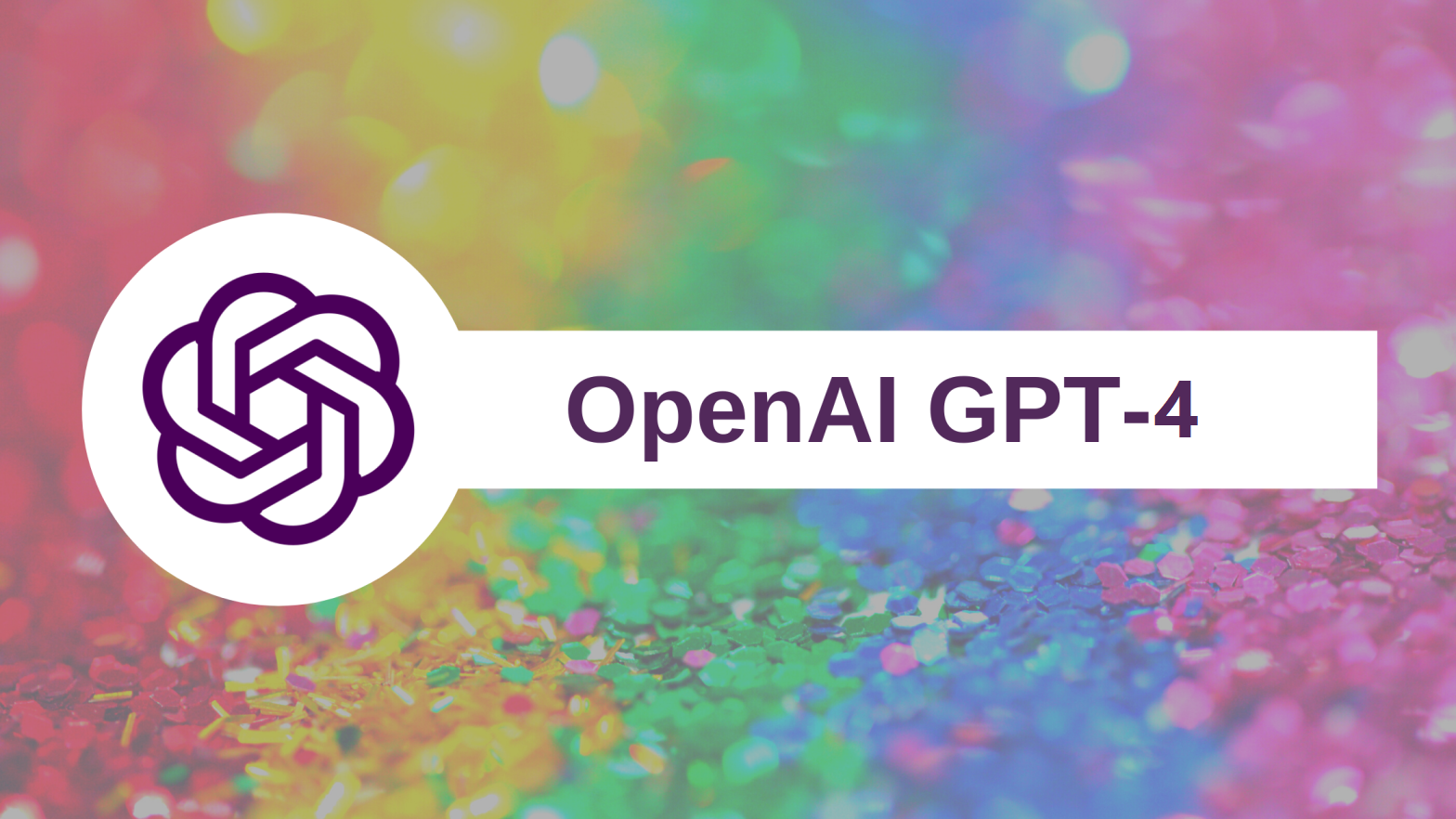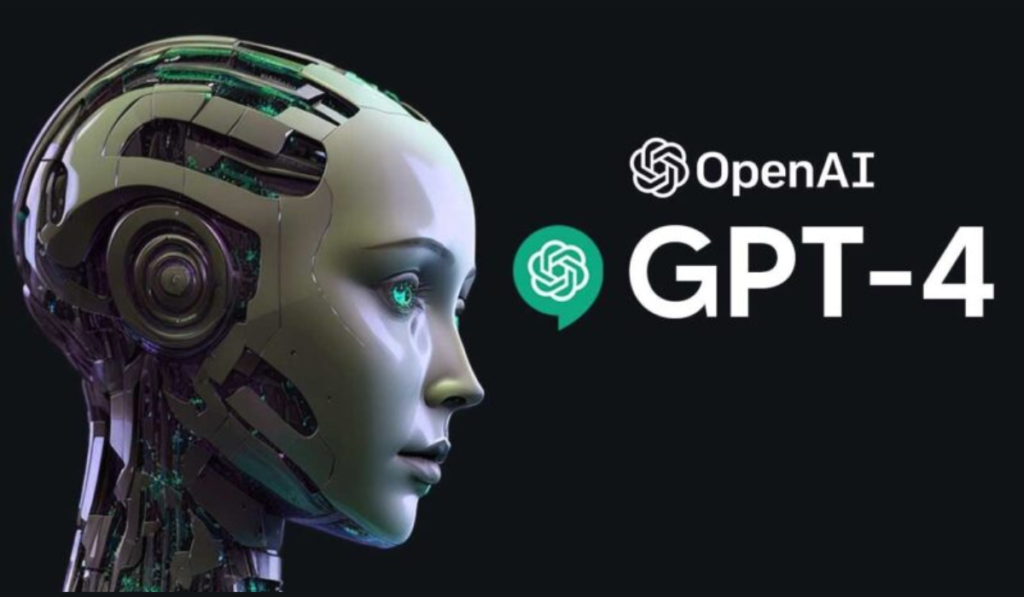Germany is reportedly contemplating a ban on ChatGPT, an AI-powered chatbot created by OpenAI, amid mounting privacy concerns. Ulrich Kelber, Germany’s data protection chief, revealed in an interview with Handelsblatt newspaper that the country’s regulators are in talks with their Italian counterparts following Italy’s recent ban on the chatbot.
Kelber stated that a similar action could be possible in Germany, as Italy blocked ChatGPT after its data protection authorities found that the system lacked an appropriate legal basis for collecting personal information about its users. OpenAI relies on some user data to train the AI algorithm that generates responses within the chatbot.
In addition to the privacy concerns, Italian authorities accused OpenAI of neglecting age verification checks for ChatGPT users, potentially exposing young users to inappropriate content. The Italian Data Protection Authority, GPDP, argued that OpenAI had no legal grounds to justify the “mass collection and storage of personal data for the purpose of ‘training’ the algorithms underlying the operation of the platform.”
European data regulators from France, Ireland, and other countries are also reportedly in discussions with Italy’s data protection agency. A spokesperson for Ireland’s Data Protection Commissioner (DPC) told Reuters that they are following up with the Italian regulator to better understand their decision and plan to coordinate with all EU data protection authorities on the matter.
Italy was the first Western country to ban ChatGPT, but the application is also unavailable in countries like China, Iran, North Korea, and Russia, where numerous US apps are prohibited. The European Consumer Organization, BEUC, has called on the European Union to investigate the potential risks that ChatGPT and similar chatbots pose to European consumers.




